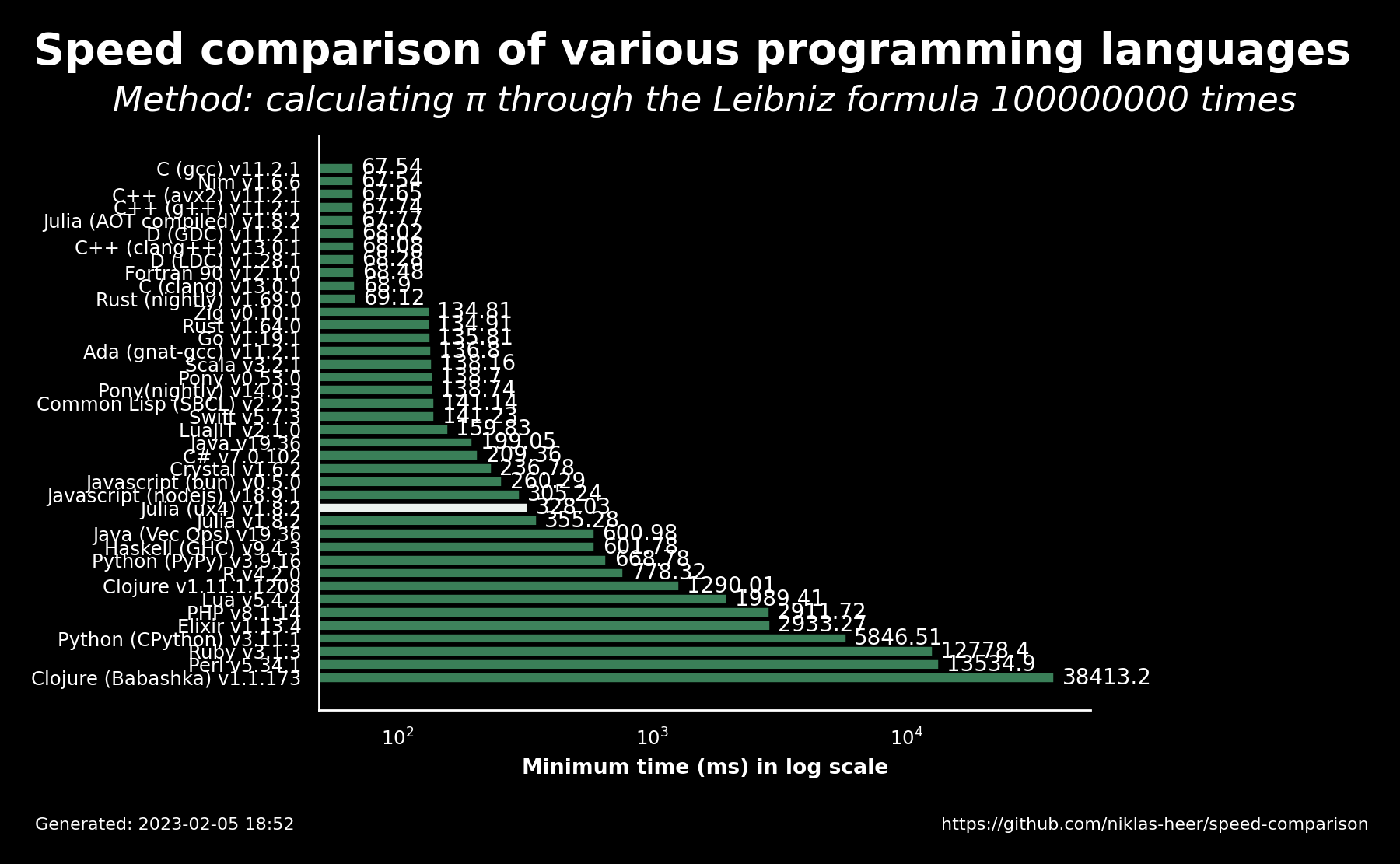

I'll be honest: I wanted to love Rust. Spent 8 months trying to make it work for our team. The borrow checker whooped my ass daily, builds took forever, and onboarding new devs was a nightmare. Here's what actually happened, not the corporate success stories you usually read.
The 6-Month Productivity Crater
Real talk: It took me personally 4 months to stop fighting the borrow checker every single day. My teammate gave up after 2 weeks and went back to Go. That's not a learning curve - that's a learning cliff.
The first few months were rough as hell. I can't remember exactly when things clicked, but it felt like ages before anyone could write Rust without the compiler yelling constantly. Simple stuff that took a day in Go was suddenly a multi-day research project.
The learning curve was brutal - basically no features shipped for months while everyone fought the borrow checker. By the time we could write decent code, code reviews turned into teaching sessions and half the team was ready to quit. Even when I finally got comfortable with it, onboarding new people was still a nightmare.
Compare that to Go: new hires contribute meaningful code in week 2. Always.
The Rust learning curve discussion captures this perfectly - hundreds of devs sharing their "fighting with the borrow checker" war stories. The Stack Overflow Developer Survey consistently shows Rust as "most loved" but also reveals low adoption rates, which tells the real story.
Compile Times That Kill Your Flow
This one hurt the most. Our Rust service took forever to build - like 10-15 minutes usually, sometimes way more if cargo decided to recompile half the world. You know what that does to your development flow? It murders it.
During crunch time, waiting around for builds meant:
- Can't quickly test small changes
- Context switching kills productivity
- Hot reload? Forget about it
- CI/CD pipelines that drag on forever
Meanwhile our Go stuff builds in under a minute. That's not a minor difference - that's the difference between staying in flow state and checking Reddit while your code compiles.
Multiple discussions on Rust forums show I'm not alone - this is the number one reason people abandon Rust projects. The Rust Performance Book has an entire section on compile-time performance, which tells you everything about how big this problem is.
The Ecosystem Isn't Ready for Prime Time
Want to integrate with legacy systems? Good luck. Need a mature ORM? Hope you like SQL strings. Looking for monitoring libraries? Better build your own.
Real examples from our migration attempt:
- PostgreSQL connection pooling: r2d2 crate works, but connection recovery was flaky
- Redis integration: Had to patch redis-rs for our clustering setup
- JSON APIs: serde_json is solid, but lacks the ecosystem of Node's middleware
- Monitoring: tracing crate is decent, but integrating with Datadog took days
Every integration became a research project. In Go, go get github.com/lib/pq and you're connected to Postgres. In Rust, you research connection pools, async runtimes, and error handling patterns for 3 hours. The Are We Web Yet? site shows how fragmented the Rust web ecosystem still is compared to Go's standard library.
When Alternatives Actually Make Sense
Rust is genuinely amazing for:
- Systems where crashes cost millions (databases, OS kernels, embedded)
- Performance-critical paths where every nanosecond matters
- Teams with months to invest in learning properly
- Long-lived projects (5+ years) where safety pays off
But for 90% of business applications:
- Web APIs that process JSON and talk to databases
- CLI tools that need to ship next sprint
- Microservices that scale with containers, not micro-optimizations
- Teams that need to hire and onboard quickly
The alternatives give you most of Rust's benefits without the 6-month learning crater. Go's concurrency model gets you high-performance services. Modern C++ with smart pointers prevents most memory bugs. Zig gives you manual memory control without lifetime annotations. Check out Bitfield Consulting's comparison for an honest technical analysis.
The Honest Business Decision
The question isn't "Is Rust technically better?" It is. The question is "Can we afford the learning curve and productivity hit for our specific use case?"
For our team building web APIs and processing financial data, the answer was no. Rust's safety guarantees weren't worth the 6-month productivity crater and hiring difficulties. We kept our Go services, added better testing, and deployed with confidence.
The reality check: Unless you're building Firefox's rendering engine or a cryptocurrency exchange, Go probably gets you 90% there with 10% of the complexity.





